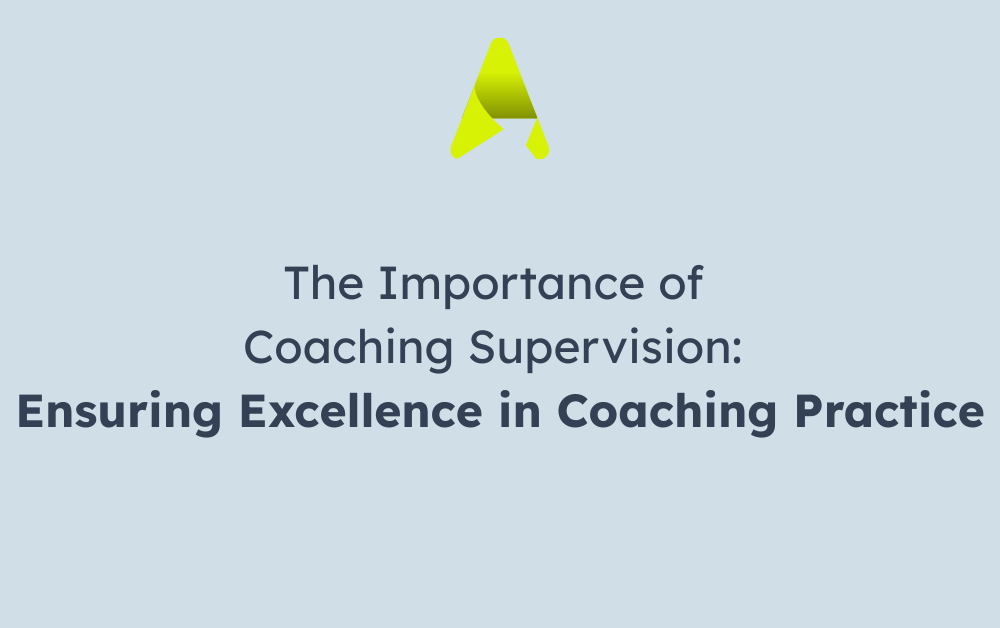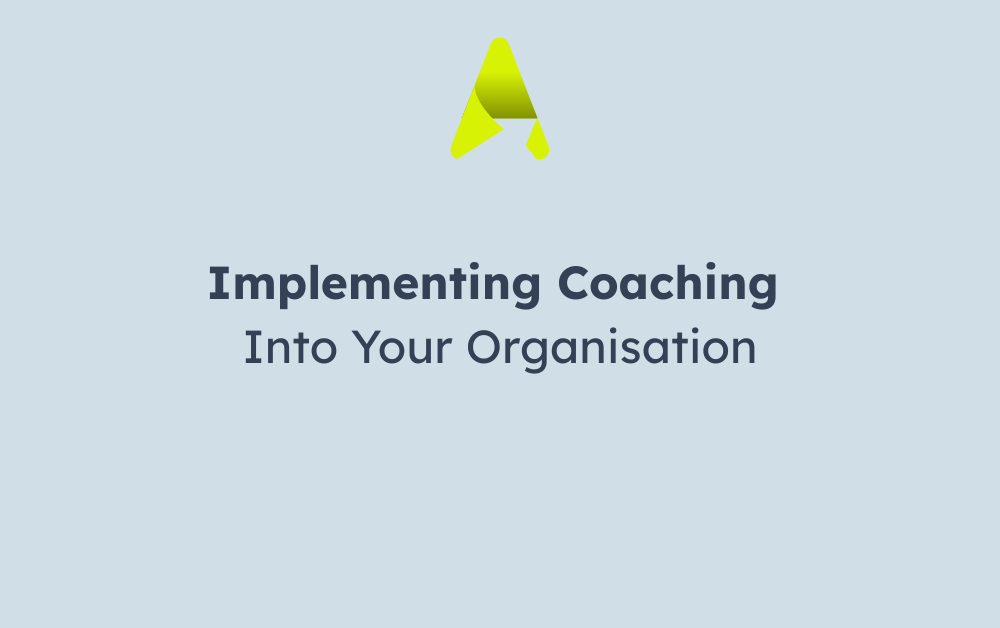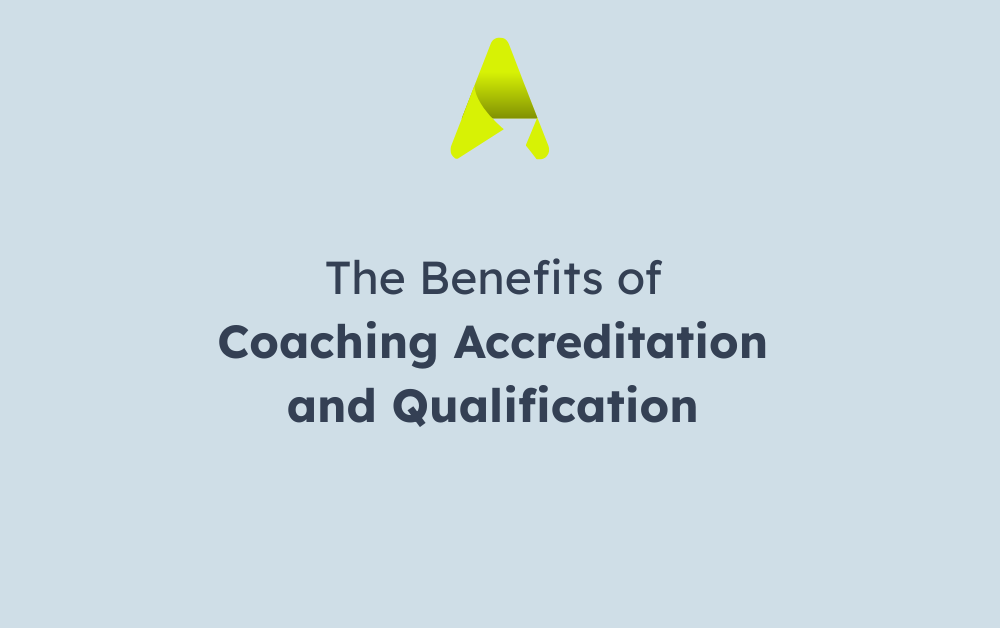In modern business, executive coaching has become an essential tool for leadership development and performance optimisation. Once considered a niche service for elite executives, coaching is now a multi-billion-dollar global industry spanning large-scale corporations and startups. But as demand skyrockets, so too does a troubling reality – coaching remains largely unregulated, allowing anyone to brand themselves an expert without standardised qualifications.
This absence of regulation poses a fundamental challenge: how can businesses and individuals distinguish between seasoned professionals and those offering little more than motivational soundbites? How can reputable coaches substantiate their value? The answer lies in certification. As industries across the board move towards higher accountability standards, executive coaching must follow suit. In the years ahead, certification will be the defining marker of credibility and effectiveness.
Executive Coaching at a Crossroads
The coaching market is surging. A study conducted within a Fortune 500 company reported a 529% return on investment (ROI) from executive coaching, alongside significant intangible benefits such as improved leadership effectiveness and employee engagement. In addition, a report by the Financial Modelling Institute (FMI) found that 87% of surveyed executives regarded coaching as a high-value investment, highlighting its critical role in enhancing organisational performance and leadership development.
Yet coaching’s popularity has given rise to a paradox. While evidence-based methodologies and strategic advisory frameworks define high-quality coaching, the market is increasingly flooded with self-proclaimed gurus whose credibility hinges more on social media reach than substantive expertise. Unlike fields such as finance, law, or psychology, where credentialing is a non-negotiable, coaching operates in an open market where brand visibility often eclipses real capability.
For organisations investing in executive development, the risks of hiring an unqualified coach are considerable. Poor guidance can lead to leadership dysfunction, stalled growth, and even financial losses. Without standardised benchmarks, companies frequently rely on testimonials and personal rapport rather than verifiable expertise. But as the industry matures, a shift is underway. The future of coaching belongs to those who can prove their skills, not just promote them.
The future of coaching belongs to those who can prove their skills, not just promote them.
Why Certification Will Become Non-Negotiable
Just as accountants require CPA accreditation and therapists need licensing, the coaching profession is heading toward a credentialed future. Here’s why certification is becoming a critical differentiator:
- Regulatory Pressures
The coaching industry is experiencing significant expansion into sectors such as healthcare, finance, and government. In 2024, the NHS began offering job coaching to patients with depression and anxiety, aiming to integrate employment support with mental health treatment. Similarly, in the financial sector, the Financial Coaching Initiative (FCI) served more than 23,000 consumers over a four-year period, demonstrating the scalability and effectiveness of financial coaching. As coaching becomes more prevalent in highly regulated fields, there is a growing call for enhanced oversight and accreditation. Governments and corporate entities are increasingly likely to mandate that coaches hold recognised certifications for leadership and advisory roles, ensuring adherence to standardised competencies and ethical practices.
- Competitive Edge
The market is shifting. 85% of coach practitioners now hold a certification—up from 69% in 2015. Certified coaches command higher fees and attract corporate contracts, positioning themselves as serious professionals rather than unregulated consultants. For example, executive certified coaches charge between £200 to £500 per hour, with fees reaching upwards of £1000 for renowned specialists in their niche fields.
- Stronger Performance Outcomes
Certified coaching has been linked to substantial improvements in various performance metrics. A MetrixGlobal study reported a 788% return on investment (ROI) for certified executive coaching, attributing gains to enhanced productivity and employee retention. A meta-analysis in Frontiers in Psychology echoed this sentiment, confirming that certified workplace coaching effectively achieves positive organisational outcomes, reinforcing its value as a strategic tool for performance enhancement. Certified coaching has also been linked to significant well-being improvements. Psychology Today has reported that 58% of individuals with depression symptoms experienced clinical recovery after at least one session with a certified coach.
- Higher Professional Standards
Standardised certification programmes elevate coaching from an informal practice to a recognised profession with clearly defined competencies and enforceable ethical codes. This shift aligns coaching with other established professions, ensuring that practitioners are equipped with the skills and knowledge to deliver consistent, high-quality outcomes. For example, the Association for Coaching has developed industry-standard frameworks, including competency models and codes of practice, to promote best practices and professional excellence in coaching and mentoring.
- Client Protection
Organisations and individuals investing in executive coaching demand measurable results. Coaching credentials accredited by reputable bodies such as the ILM are subject to stringent regulation in detailed data and ethics policies, ensuring coaches apply evidence-based methodologies rather than relying on untested theories or superficial motivational rhetoric. This safeguards clients from ineffective practices. In an era where accountability is paramount, certification assures that clients are receiving results-driven services.
Governments and corporate entities are increasingly likely to mandate that coaches hold recognised certifications.
The Risks of Remaining Uncertified
As industries evolve, unregulated professions inevitably face a reckoning. Organisations are becoming more discerning, and clients are demanding tangible results. In this climate, certification will transition from a competitive advantage to an industry necessity.
Without recognised certification, coaches face:
-
Lost Opportunities
-
Eroding Trust
-
Lower Earning Potential
-
Lack of Industry Recognition
For coaches, the message is clear: those who invest in verifiable expertise will lead the industry’s future. And for businesses seeking coaching services, the mandate is equally straightforward – certified coaches aren’t just an option; they are the standard for success.
As expectations rise, unverified credentials and outdated methodologies are rapidly losing credibility. The future belongs to those who can demonstrate measurable impact, uphold the highest ethical standards, and apply evidence-based coaching practices with confidence.
Safeguard Your Coaching Career – The Time to Act Is Now
Actuate’s Certified Coach Programme is the definitive qualification for professionals committed to coaching at the highest level. Accredited by the ILM and the Association for Coaching, this rigorous, practice-based programme sets a new industry benchmark. With real-world coaching simulations, hands-on assessment, and ethical training, it ensures that certified coaches are not only knowledgeable but demonstrably effective.
Now is the time to act. This February, as part of Love Learning Month, Actuate is offering 25% off all courses – an unmissable opportunity to invest in your future at the highest level.
The industry is evolving. Will you lead the change?
Book a no-obligation chat with our team today:




